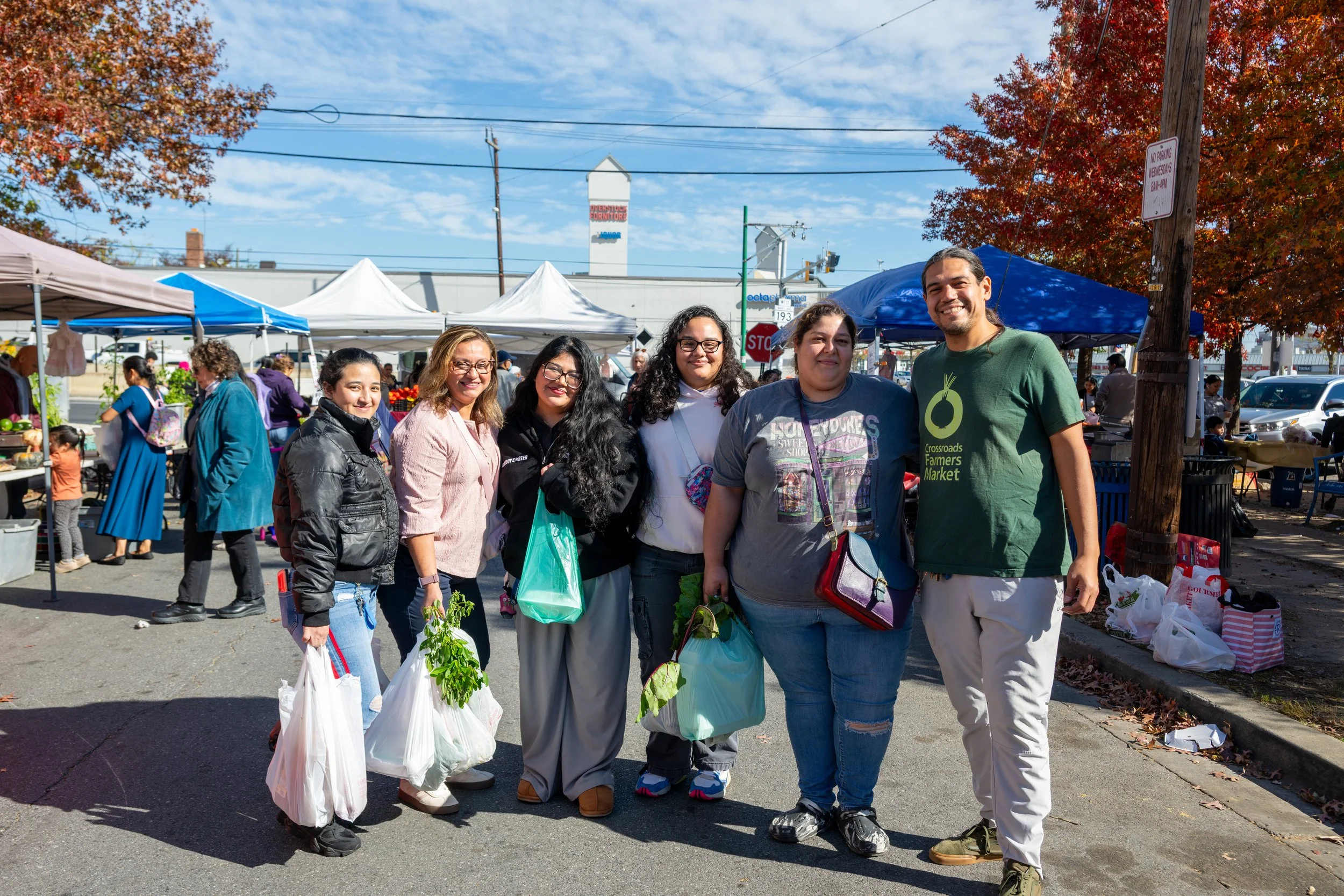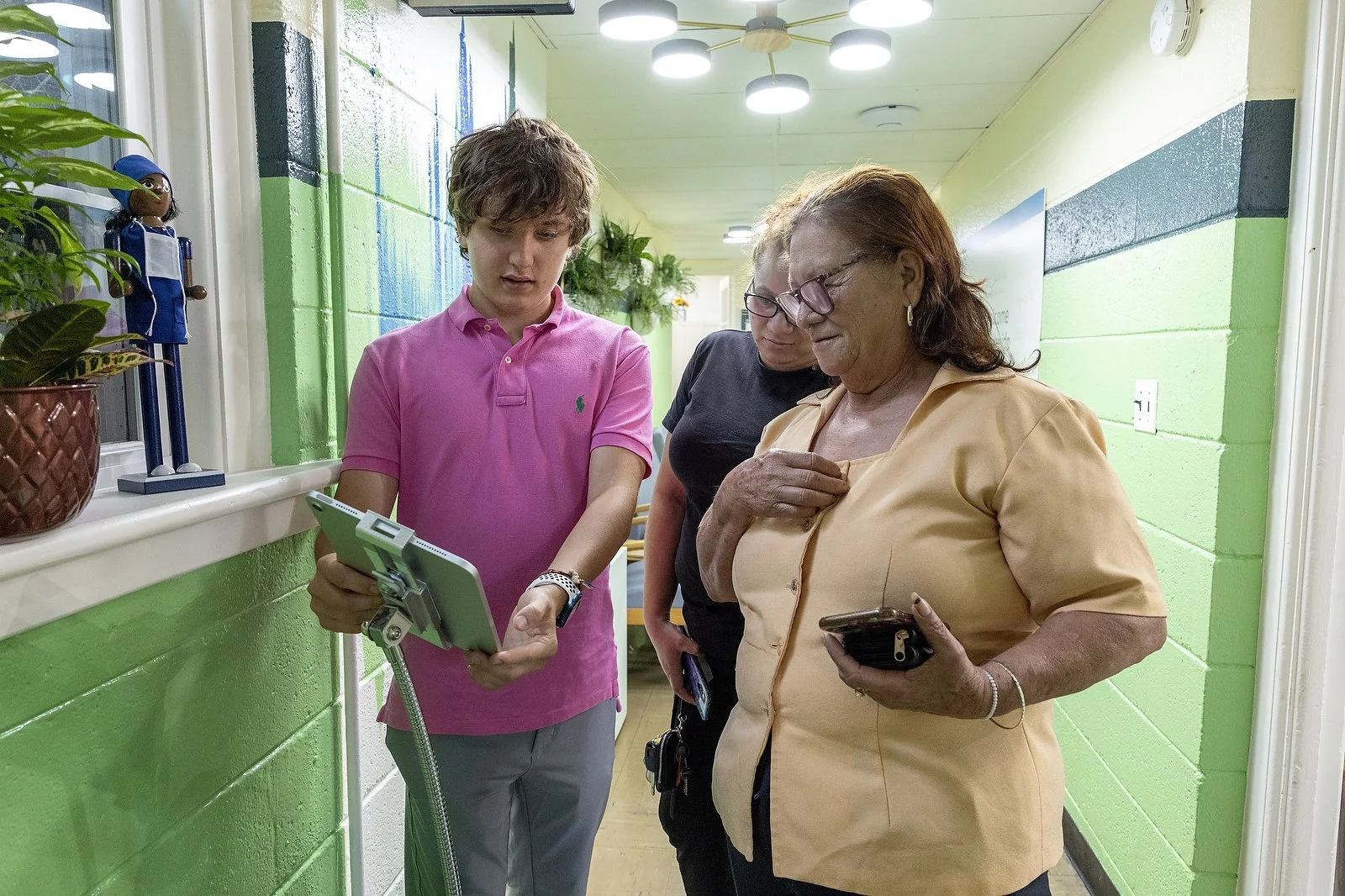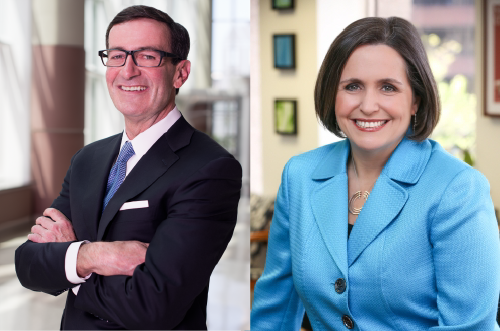Category
- Arts
- Board
- Brilliant Futures
- Community Leadership
- Community Resilience
- Community Safety
- Corporate Philanthropy
- DC
- Donor Profile
- Economic Mobility
- Ending Homelessness
- Giving
- Guaranteed Income
- Health Equity
- Impact Stories
- Leaders of the Future
- Legacy
- Maternal Health
- Montgomery County
- Next Generation
- Nonprofit Endowment
- Nonprofits
- Northern Virginia
- Partnerships
- Philanthropy Tips
- Prince George's County
- Professional Advisors
- Scholarships
- Sharing Community Fund
- VoicesDMV






















